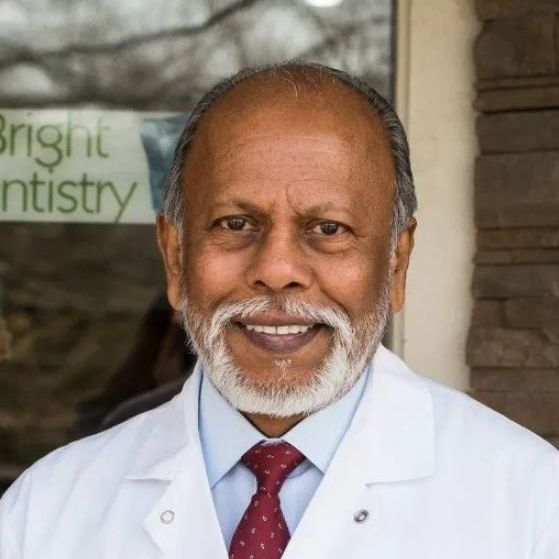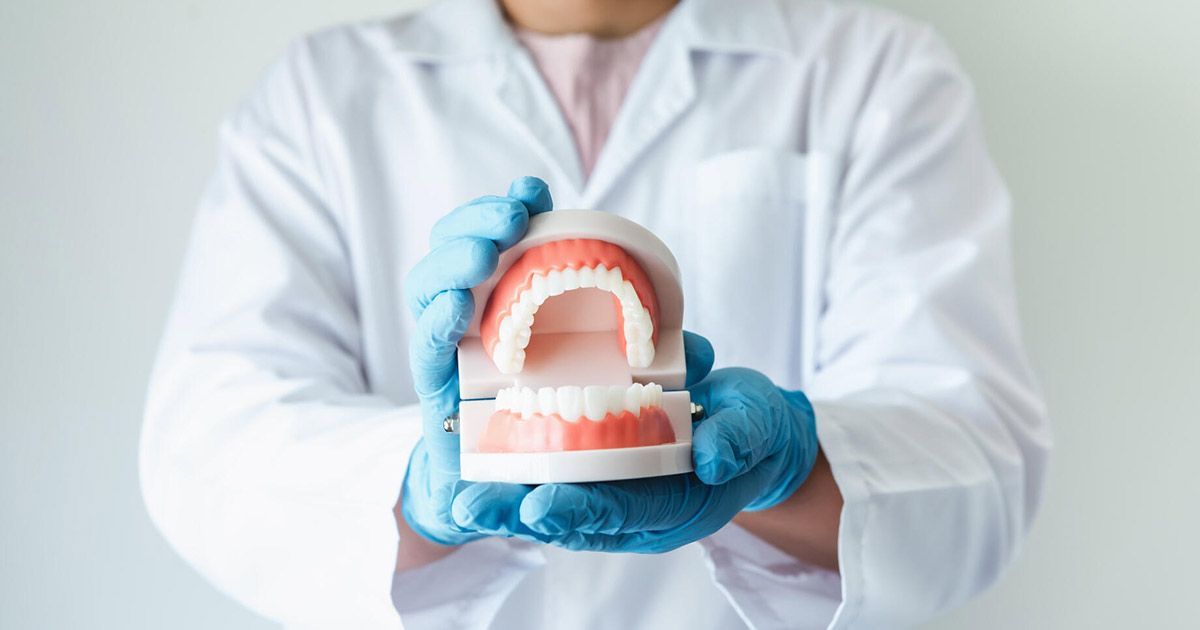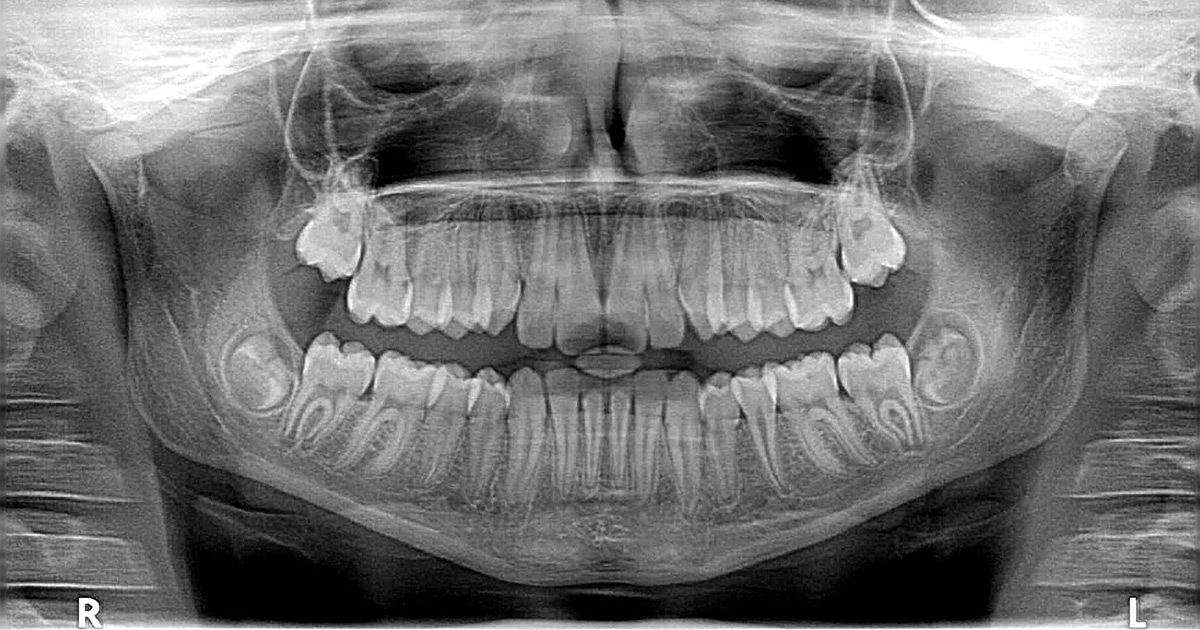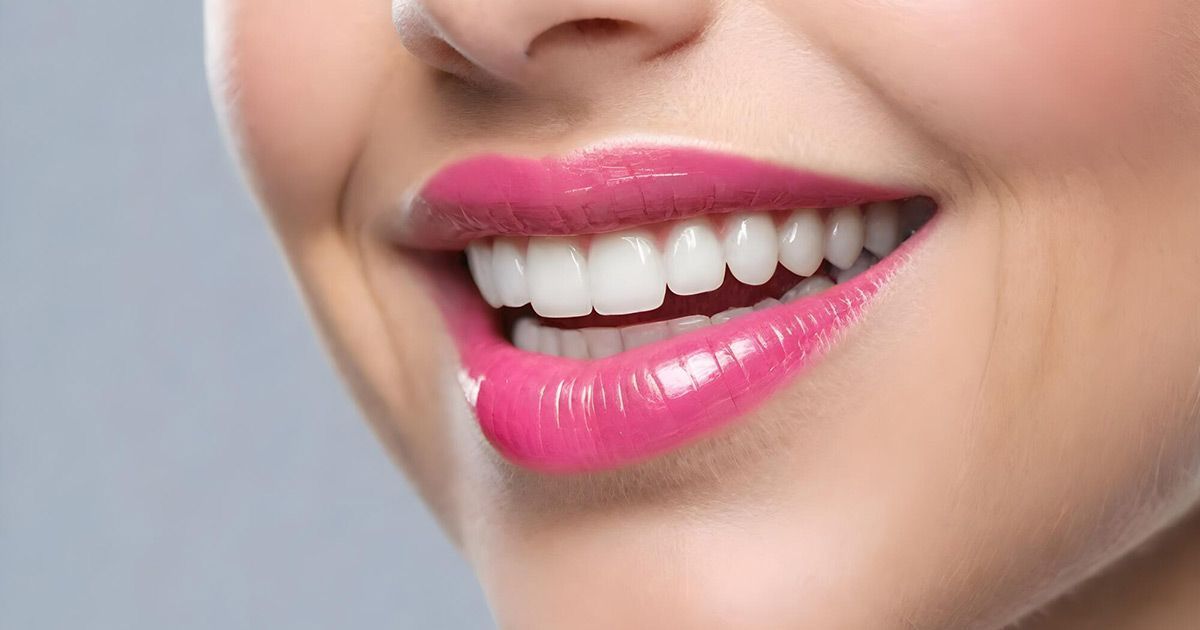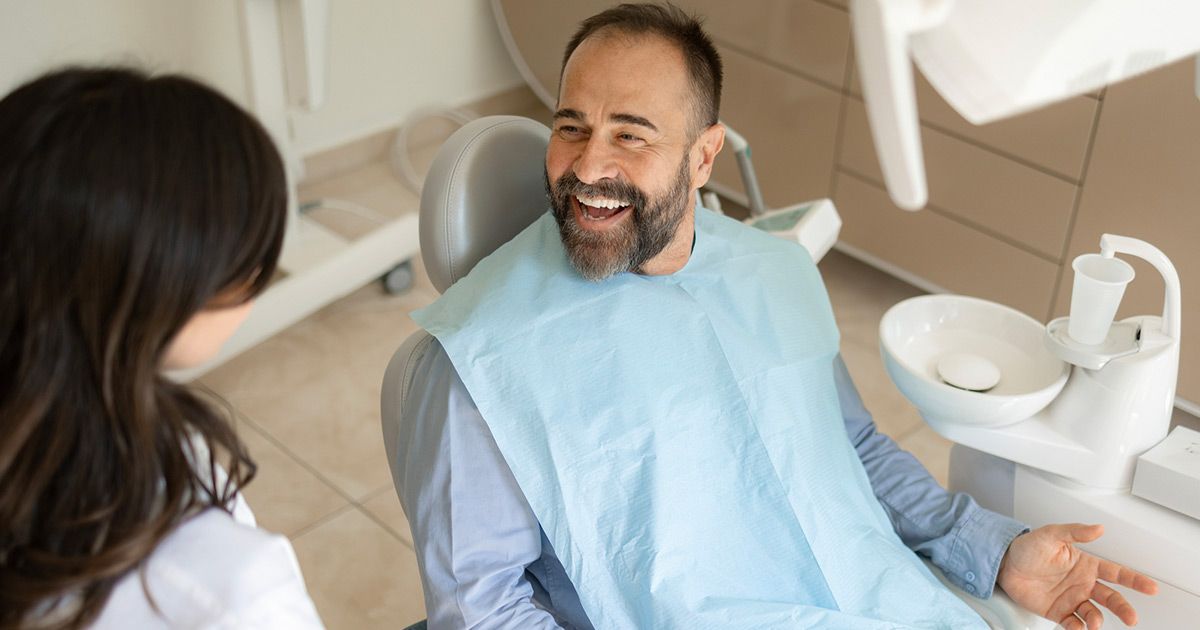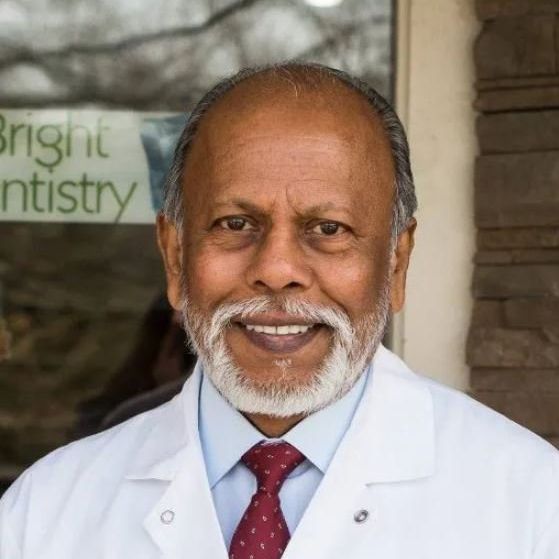How Long Does Dental Bonding Last? Mount Vernon, NY, Expert Insights & Tips
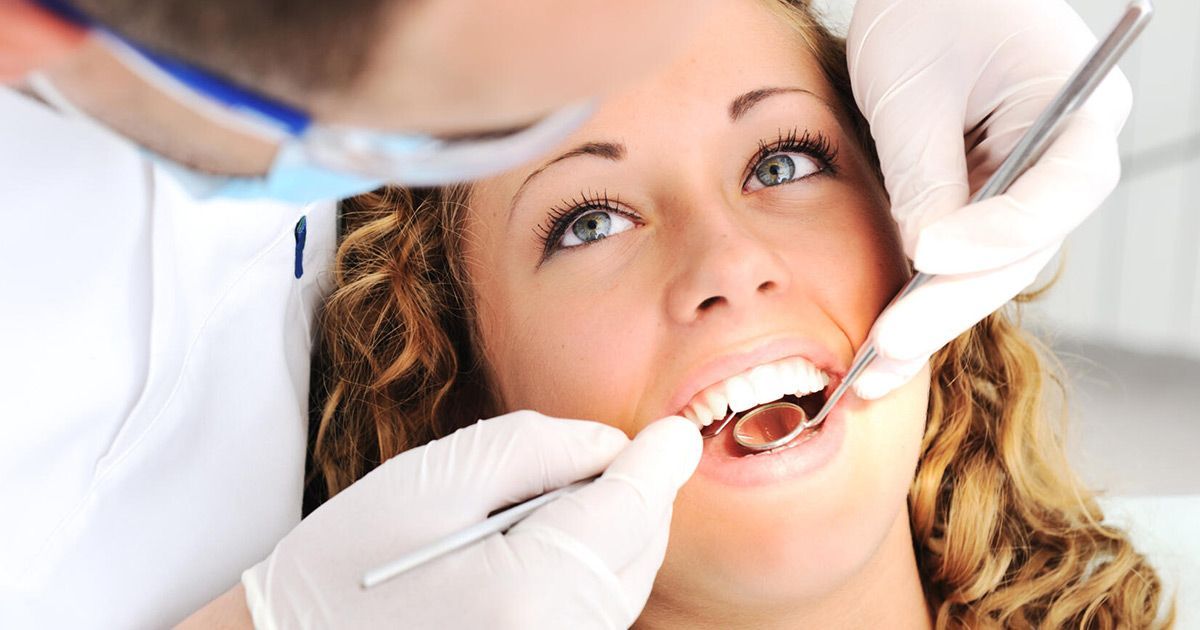
With nine out of ten Americans suffering from misaligned teeth, cosmetic procedures like dental bonding go a long way to helping people have bright and confident smiles.
Although dental bonding is a great way to improve your smile since it can fix many issues like cracks, chips, and discoloration, it still is unnerving for many people to consider. There are so many questions like, how long does dental bonding last, and how easy is the procedure?
Luckily, you just need to read on to learn everything you need to know about the factors affecting dental bonding longevity.
Overview of Dental Bonding
Dental bonding, also referred to as tooth bonding or composite bonding, is a cosmetic dentistry treatment meant to improve your smile.
Dental bonding involves the use of composite resin, which is a tooth-colored resin material that is hardened under a special light after application. The composite resin material is also used in other dental procedures like filling cavities and replacing old silver dental fillings with a more cosmetic option.
Overall, this resin adds volume to your teeth, allowing it to modify the overall size, shape, and appearance.
Dental Bonding Procedure
The procedure itself is fairly simple. Your dentist will use a shade guide to find the best color resin for your teeth. Next is tooth preparation which involves roughening the tooth surface and applying conditioning liquid.
Once the dentist prepares your tooth, they'll apply the resin material which has a putty consistency, allowing them to mold it to the proper shape. Next, curing with special light will bond the material to your tooth, and a final polish brings out the shine.
When Do Dentists Recommend Dental Bonding?
Your dentist might recommend dental bonding if you want to conceal chips or cracks in your teeth. Dental bonding is also helpful to fix issues like:
- Hide tooth discoloration
- Close gaps or spaces between the teeth
- Make teeth look longer
- Change the shape of the teeth
Your dentist may also recommend bonding if you're looking for a minimally invasive procedure that doesn't require much alteration to your natural teeth since dental bonding usually doesn't include enamel removal.
It's also one of the more cost-effective cosmetic dental options you can find, and versatile too since it can be effective against a range of issues like gaps, discoloration, cracks, and chips.
How Long Does Dental Bonding Last?
Dental bonding lifespan ranges from three to ten years, but this isn't so cut and dry since it depends on factors like your oral habits, and how many teeth have bonding treatment.
Since composite resin isn't as strong as natural tooth enamel, your teeth naturally won't have the same lifespan.
Biting down too hard on tough or crunchy foods, ice, or hard candy too often can break the bonding material off your teeth. In addition, smoking and drinking darker beverages like red wine or coffee can cause the bonding material to stain much faster.
Eating foods high in acids and sugars also wears on your teeth, especially if you don't brush and floss immediately after eating.
Finally, it's no surprise that your overall dental health has one of the biggest influences on dental bonding durability.
How to Maintain Dental Bonding
Maintaining dental bonding is a lifelong process and a good time to work on improving your oral hygiene habits. The best ways to keep your dental bonding intact for as long as possible include:
Brush and Floss Daily
The number one way to keep dental bonding in tip-top shape is through regular brushing and flossing. Therefore, your first step is creating a good oral hygiene routine to keep your teeth healthy.
Brushing is your first line of defense since it removes sticky bacteria from your teeth known as plaque. Plaque buildup can cause gum disease and tooth decay, which ultimately impacts bonding.
You should brush twice daily and while brushing be sure to:
- Use fluoride toothpaste to protect your teeth from cavities
- Brush in small circular motions and avoid scrubbing back and forth
- Brush all sides of your teeth
- Brush your tongue
- Angle bristles toward your gums to clean thoroughly
Floss at least once daily with dental floss or a plastic or wooden pick. You can also try a floss holder or threader if it's tough for you to grip floss.
See Your Dentist Regularly
You should also see your dentist every six months for checkups and cleanings since keeping your teeth healthy means keeping your bonding in better shape.
Routine cleanings remove plaque and tartar from your teeth, reducing the risk of decay. Dental checkups also allow your dentist to evaluate your gums for signs of gum disease which includes receding gums, bad breath, tooth loss, and loose teeth.
Dental checkups also include screening for oral cancer, which can occur anywhere in the mouth like the lips, tongue, lower jawbone, and teeth.
Avoid Using Your Teeth as Tools
One of the most essential dental bonding care tips beyond hygiene and regular dental visits involves stopping destructive habits like using your teeth to open bottles or cans.
This also includes tearing food packaging and electrical wires. Some people even chew on pens or erasers as a way to relieve boredom or anxiety. These habits can not only harm your teeth but will break the composite resin.
Avoid Staining or Crunchy Foods
Eating foods and beverages like berries, curries, sweets, coffees, and red wine can stain resin permanently. Even more, acidic foods like citrus and tomato sauces can also cause some discoloration and alter the structure of the bonding.
If you do need to eat crunchy foods, try to chew them with your back teeth and brush as soon as possible after staining foods or drinks.
Learn More About Dental Bonding Today
Now that you know the answer to the question "How long does dental bonding last," you'll get a better understanding of whether this procedure is the right step for you.
Your next step is to turn to the professionals at Sparkle Dental in Mount Vernon, NY for all your dental care needs. We strive to provide quality dental care in a relaxed and courteous space.
We provide a complete range of dental care services including preventative care, cleaning, extractions, gum disease care, dental emergencies, and more. We also offer complete cosmetic dentistry services like veneers, teeth whitening, Invisalign, and dental bonding.
We look forward to getting to know you so make sure to contact us today to schedule an appointment to learn more about dental bonding and our other services!
Dr. Rohit Z Patel
D.D.S
After graduating at the top of his class, Dr. Patel continued his postgraduate studies in endodontics at Columbia University College of Dental Medicine in New York. He was appointed to assistant clinical professor of dentistry at Columbia University and later moved on to teach at the Montefiore Medical Center’s Department of Dentistry. Westchester Magazine recognized Dr. Patel as a “Top Dentist for 2012.”
Dr. Arpita Patel
D.D.S
Dr. Arpita S. Patel graduated with a DDS degree from the university College of Dentistry in 2015. Dr. Patel is experienced with an array of restorative dentistry procedures, including dental implants and many other treatments that can improve dental health, function, and appearance.
Dr. Yung Kim
D.D.S
Dr. Yung Kim is a double board certified Periodontist and board certified Prosthodontist, educated to treat many extremely complex disorders involving gum disease, tooth decay, and oral pathology. His focus is on full-mouth, complex, surgical, and reconstructive dentistry. He has extensive knowledge of implant dentistry and advanced surgical procedures, specializing in teeth in a day and All-on-Four implants. He is also Invisalign certified and experienced with CAD/CAM restorations and dentures.
Dr. Santvana Vyas
D.D.S
Dr Vyas attended NYU College of Dentistry and earned DDS in 2016 at the top of her class. She was inducted into Omicron Kappa Upsilon (OKU), the national dental honor society and earned Outstanding Achievement Award in study of Prosthodontics.
Dr Vyas is an active member of American College of Prosthodontics (ACP) and American Dental Association (ADA). She is appointed as a Clinical Assistant Professor at NYU College of Dentistry. She is married and is blessed with two sons.


